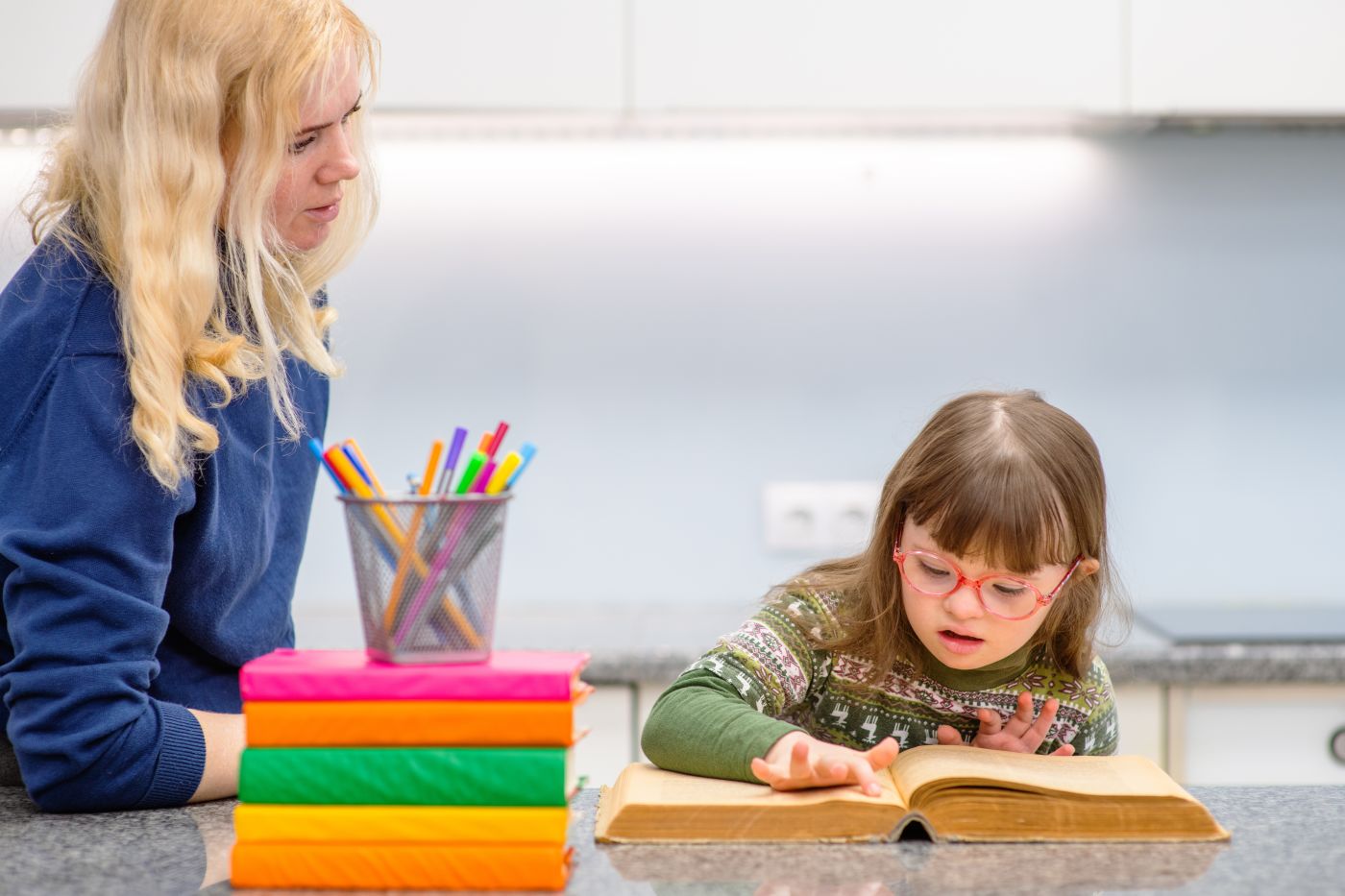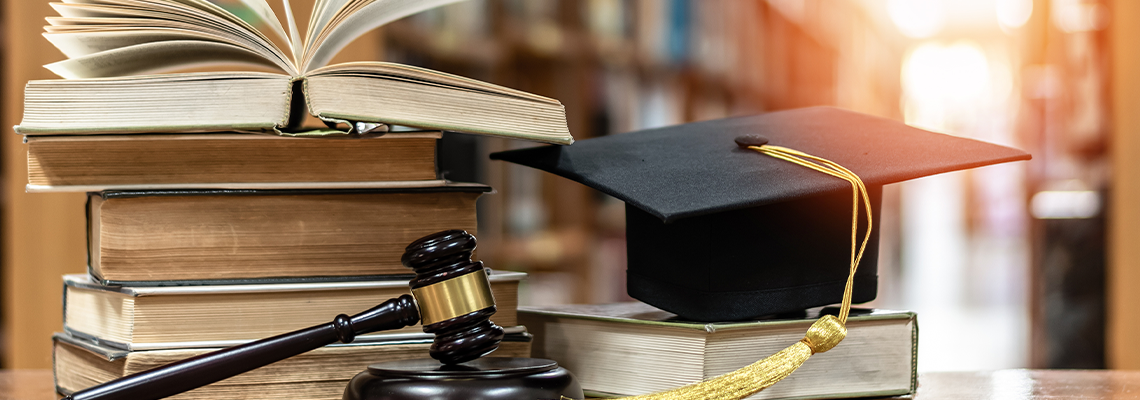One of the biggest decisions a parent has to make is deciding where their child will attend school. Public and private schools each have their own advantages and disadvantages.
However, children with disabilities may benefit more from private schooling because of the smaller class sizes, individualized attention, and programs specifically tailored to meet their needs.
Because of these advantages, private schools are generally more expensive than public schools. Many parents choose to put their children in private schools to ensure that they get the education and care they need but find themselves struggling to make ends meet. If a parent decides that private school is the best choice for their child with special needs, they may be able to seek tuition reimbursement.
Under the Individuals with Disabilities Education Act (IDEA), public and charter schools have a duty to create an Individualized Education Program (IEP) for students with disabilities to ensure they receive a Free and Appropriate Public Education (FAPE).
What Happens if My Child Is Not Provided with A FAPE?
However, when a New York school district fails or refuses to provide a FAPE through the public schools, the child may attend private school. If the school district finds that your child is eligible for an IEP, it may choose to place the child in private school.
If the public school district does not find your child eligible for an IEP, the parents may choose to put them in private school and seek reimbursement from the district. Parents can request a hearing to resolve the issue. To get a reimbursement, parents must show that:
Your child was not offered an appropriate FAPE.
You gave the district opportunity to address needs.
Tuition reimbursement would be fair and equitable.
Private schools can be costly but are often necessary for children with disabilities. An education law attorney may be extremely beneficial to help you navigate the reimbursement process.


